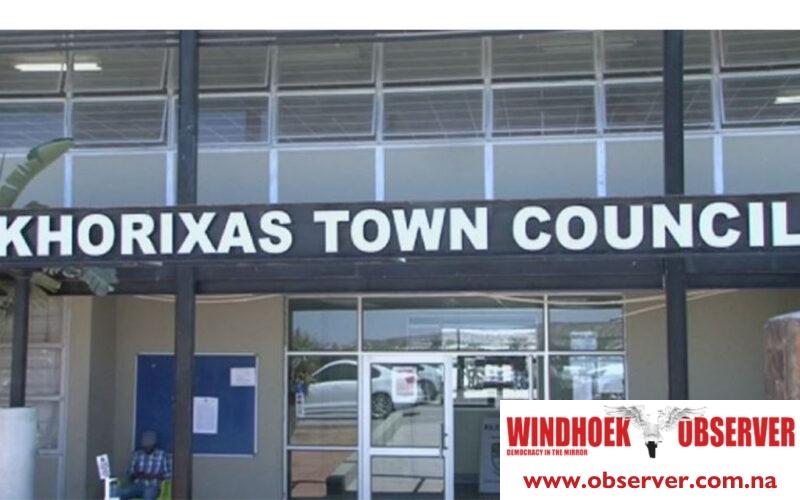Hilarius Hamutenya
A high rate of unemployment in Khorixas has forced the town council to repossess the erven and resell it to new buyers.
The town currently has a waiting list of 315 applicants for formal residential and 1 253 applicants for informal settlement erven.
The town’s spokesperson, Simon Ochurub, revealed this to the Windhoek Observer on Friday.
“High unemployment rates make it difficult for residents to afford formal parcels of land and often turn to building their houses in informal settlements and farming areas,” he said.
Ochurub said that private individuals have received the majority of the erven, with some of them failing to honour the payment.
This, he said, has forced the council to repossess the land and resell it to other interested buyers or applicants on waiting lists.
“The town does not have available land for allocation in the next four months,” he said.
He explained that servicing land is a very expensive process, and local authorities often do not have enough financial resources.
Ochurub said the continuously increasing demand for serviced land and housing creates a huge housing backlog.
According to him, servicing land is a very expensive process, and local authorities often do not have enough financial resources to service enough land to cater for the continuously increasing demand for serviced land and housing, which creates a huge housing backlog.
He attributed the housing backlog to a lack of private investment in servicing land, as well as very low budget allocations from the central government for capital projects.
“The lack of funding from financial institutions such as banks who refuse to fund construction of houses or purchasing of erven in Khorixas and high debts with Nawater also hinders council investment in land delivery. Most local authorities do not have their own water source; therefore, they spend most of their revenue trying to pay off high Namwater debt, which leaves them with little to invest in serviced land delivery,” he said.
He said the council does not have the financial power to service new areas of land to increase the supply of land to meet demand.




